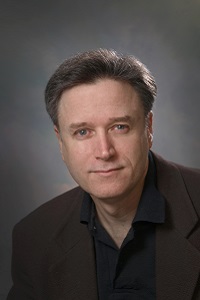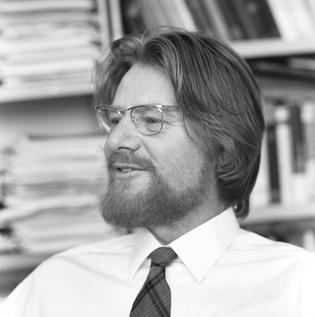A Quote by Stephen Jay Gould
Iconography becomes even more revealing when processes or concepts, rather than objects, must be depicted for the constraint of a definite "thing" cedes directly to the imagination. How can we draw "evolution" or "social organization," not to mention the more mundane "digestion" or "self-interest," without portraying more of a mental structure than a physical reality? If we wish to trace the history of ideas, iconography becomes a candid camera trained upon the scholar's mind.
Quote Topics
Becomes
Camera
Candid
Candid Camera
Concepts
Constraint
Definite
Digestion
Directly
Draw
Even
Evolution
History
How
Iconography
Ideas
Imagination
Interest
Mental
Mention
Mind
More
Mundane
Must
Objects
Organization
Physical
Portraying
Processes
Rather
Reality
Revealing
Scholar
Self
Self-Interest
Social
Social Organization
Structure
Than
The History Of
Thing
Trace
Trained
Wish
Without
Related Quotes
You're in a very nice position as an actor when you're portraying a piece of history that actually happened and portraying characters that actually existed. There's so much more to draw on and your research as an actor becomes much easier than if it's some fiction that you're trying to create a world around and background and history.
To say that a thing is imaginary is not to dispose of it in the realm of mind, for the imagination, or the image making faculty, is a very important part of our mental functioning. An image formed by the imagination is a reality from the point of view of psychology; it is quite true that it has no physical existence, but are we going to limit reality to that which is material? We shall be far out of our reckoning if we do, for mental images are potent things, and although they do not actually exist on the physical plane, they influence it far more than most people suspect.
The abbot told me once that lying was a betrayal to one's self. It's evidence of self-loathing. You see, when you are so ashamed of your actions, thoughts, or intentions, you lie to hide it rather than accept yourself for who you really are. The idea of how others see you becomes more important than the reality of you. It's like when a man would rather die than be thought of as a coward. His life is not as important to him as his reputation. In the end, who is the braver? The man who dies rather than be thought of as a coward or the man who lives willing to face who he really is?
The concept of 'measurement' becomes so fuzzy on reflection that it is quite surprising to have it appearing in physical theory at the most fundamental level ... does not any analysis of measurement require concepts more fundamental than measurement? And should not the fundamental theory be about these more fundamental concepts?
everything is too important ever to be entrusted to professional experts, because every organization of such professionals and every established social organization becomes a vested-interest institution more concerned with its efforts to maintain itself or advance its own interests than to achieve the purpose that society expects it to achieve.
The more you think about your own self, the more self-centred you are, the more trouble even small problems can create in your mind. The stronger your sense of 'I', the narrower the scope of your thinking becomes; then even small obstacles become unbearable. On the other hand, if you concern yourself mainly with others, the broader your thinking becomes, and life's inevitable difficulties disturb you less.
By itself, just to draw crazy creatures has limited appeal - if I had to give up one thing, it would be the wild imagination. When the work becomes too detached from ordinary life, it starts to fall apart. Fantasy needs to have some connection with reality, or it becomes of its own interest only, insular.
An organization belongs on a sick list when promotion becomes more important to its people than accomplishment of their job they are in. It is sick when it is more concerned with avoiding mistakes than with taking risks, with counteracting the weaknesses of its members than with building on their strength. But it is sick also when "good human relations" become more important than performance and achievement.
Try vegetarianism and you will be surprised: meditation becomes far easier. Love becomes more subtle, loses its grossness — becomes more sensitive but less sensuous, becomes more prayerful and less sexual. And your body also starts taking on a different vibe. You become more graceful, softer, more feminine, less aggressive, more receptive.




































